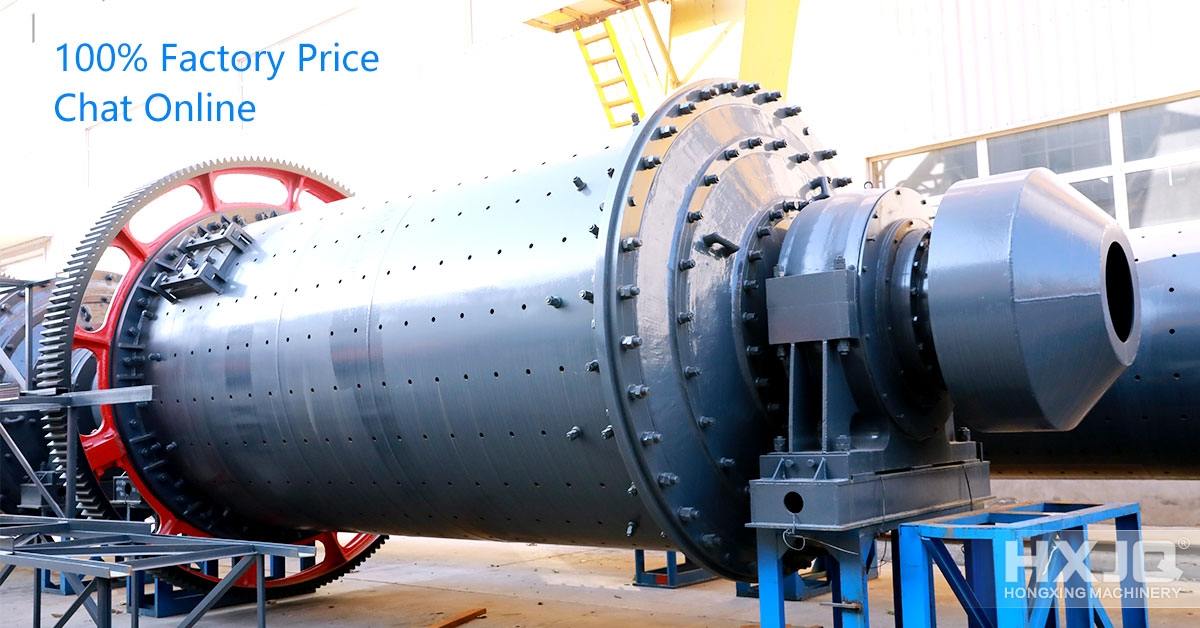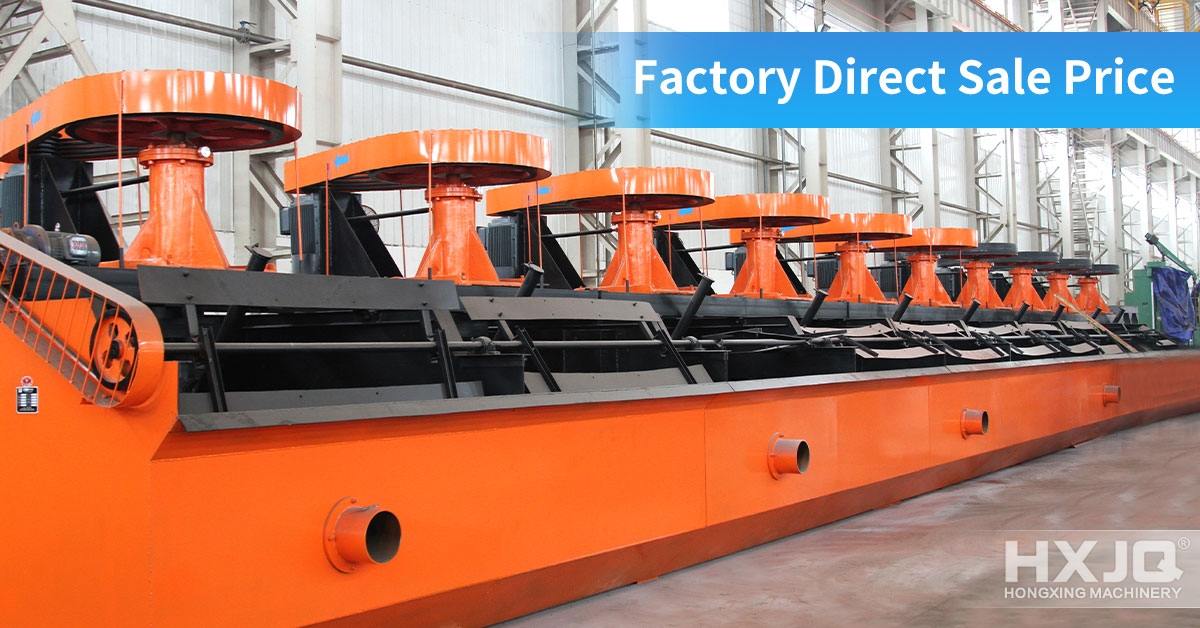
Gold usually exists in two types of deposits: mineral deposits (veins) or placer deposits; the mining technology used to extract gold depends on the type of deposit. After extraction, gold will be refined through one of the following four main processes: flotation, amalgamation, cyanidation or carbon-in-pulp process. Each process relies on the initial grinding of gold ore, and multiple processes can be used for the same batch of gold ore.
In deposits or vein deposits, gold is mixed with another mineral (usually quartz) and fills the fissures of surrounding rocks. Gold is obtained from deposits by drilling, blasting or removing surrounding rocks.
After mining gold ore, it is usually used as a preliminary refining technique for washing and filtering in the mine. It is then transported to the factory where it is first mixed with water and then ground into small pieces. Then, the resulting mixture is further ground in a ball mill, which is a rotating cylindrical machine that uses steel balls to grind the ore.

Then use one of several methods to separate the gold from the ore.
Flotation Process
Flotation process involves separating gold from the ore by using certain chemicals and air. The ground ore is poured into a solution for flotation, which contains a mixture of foaming agents (to make water foam), collectors (which combine with gold to form an oil film that adheres to the bubbles) and organic chemicals (to make other pollutants can not combine bubbles). Then the solution is aerated (bubbles are blown in), and gold is attached to the bubbles. The bubbles float to the top and the gold is skimmed.

Cyanide Process
Cyanation involves the use of chemicals to separate gold from contaminants. During this process, the ore sand is placed in a tank containing a dilute cyanide solution. Next, zinc is added to the tank, causing a chemical reaction, and the end result is that gold precipitates (separates) from the ore. The gold precipitate is then separated from the cyanide solution in a filter press.
Amalgamation Process
Amalgamation is a similar method that uses the same process for different chemical substances. First, one solution transports ground ore onto a plate covered with mercury. Mercury attracts gold, forming a type called amalgam. The amalgam is then heated so that the mercury evaporates as a gas, leaving gold behind. The mercury is collected, recycled and reused in the same process.
Carbon-In-Pulp Process
The carbon-in-pulp process also uses cyanide, but uses carbon instead of zinc to precipitate gold. The first step is to mix the ground ore with water to form a pulp. Next, cyanide is added to dissolve the gold, and then carbon is added to bond with the gold. After removing the carbon particles from the pulp, they are placed in a hot corrosive carbon solution, which separates the gold from the carbon.
Flotation, cyanidation and carbon-in-pulp are three methods used to extract gold. They can be used alone or in combination with each other.
If gold is not pure enough, it can be smelted.
Smelting involves heating gold with chemicals called fluxes. The flux combines with contaminants and floats on the molten gold. The gold is then cooled and hardened in the mold, and then the flux-contaminated mixture (slag) is transported away as solid waste.
HXJQ is a gold mining equipment manufacturer and supplier with 40+ years experience, which exported gold mining machines including ball mill, flotation machine, spiral classifier, shaking table and other mining equipment to 160+ countries. If you need gold processing equipment, please contact us online to know details of machines and their quotation.
 Previous Post:
1-100TPH Industrial Ball Mill
Previous Post:
1-100TPH Industrial Ball Mill
 Next Post:
Wood Sawdust Rotary Dryer
Next Post:
Wood Sawdust Rotary Dryer
Please fill in the form below or inquiry online to get price & service
 Chat Online
Chat Online
 Get Quote
Get Quote